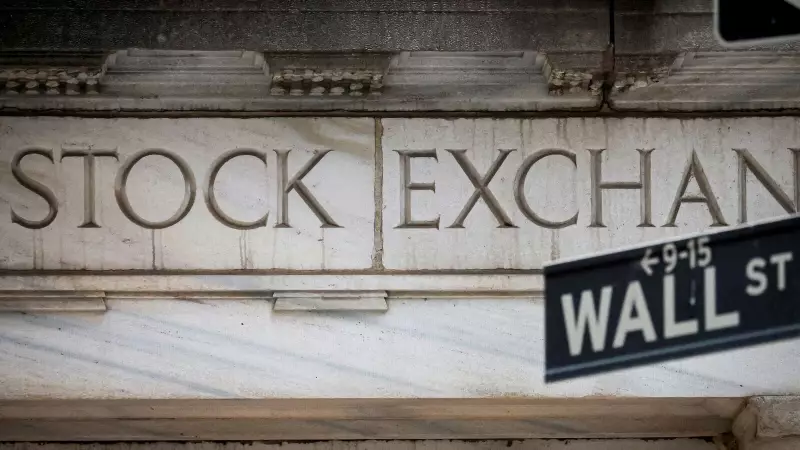
The artificial intelligence gold rush that has captivated investors worldwide might be heading for a dramatic reckoning, and the consequences could extend far beyond Wall Street's trading floors. Financial experts are sounding alarms that the current AI investment frenzy represents more than just typical market exuberance—it threatens to deliver a powerful blow to the entire US economic framework.
Beyond Stock Market Corrections
While many analysts focus on potential stock market corrections, the real danger lies in the AI bubble's capacity to disrupt fundamental economic structures. The massive capital flowing into AI companies, many of which have yet to demonstrate sustainable business models, creates systemic vulnerabilities that could ripple through multiple sectors.
The Domino Effect on Main Street
Unlike previous technology bubbles that primarily affected investors, the AI revolution's widespread integration across industries means its collapse could impact:
- Employment sectors that have rapidly adopted AI technologies
- Small and medium businesses dependent on AI-driven platforms
- Consumer markets where AI has transformed service delivery
- Government revenue streams tied to technology sector growth
Warning Signs Investors Are Ignoring
Market observers point to several red flags that distinguish this bubble from previous technology cycles. The extraordinary valuations of AI-focused companies often bear little relation to their current revenue or clear path to profitability. Meanwhile, traditional economic indicators may not adequately capture the bubble's true scale, as AI investments span both public and private markets.
Historical Parallels and Critical Differences
While comparisons to the dot-com bubble of the late 1990s are inevitable, today's AI investment landscape presents unique challenges. The speed of capital deployment, global competition for AI dominance, and the technology's pervasive applications create a scenario where the aftermath of a burst could be more severe and widespread.
The Path Forward: Cautious Optimism or Impending Crisis?
Economic analysts suggest that while AI technology holds genuine transformative potential, the current investment climate resembles speculative mania more than rational allocation. The critical question becomes whether market forces will trigger a gradual correction or whether external shocks could precipitate a rapid collapse with far-reaching economic damage.
As regulatory bodies and financial institutions grapple with these emerging risks, the need for measured investment strategies and realistic expectations about AI's commercial timeline becomes increasingly urgent. The stakes extend beyond portfolio values to the stability of the broader economic ecosystem that supports millions of American jobs and businesses.





